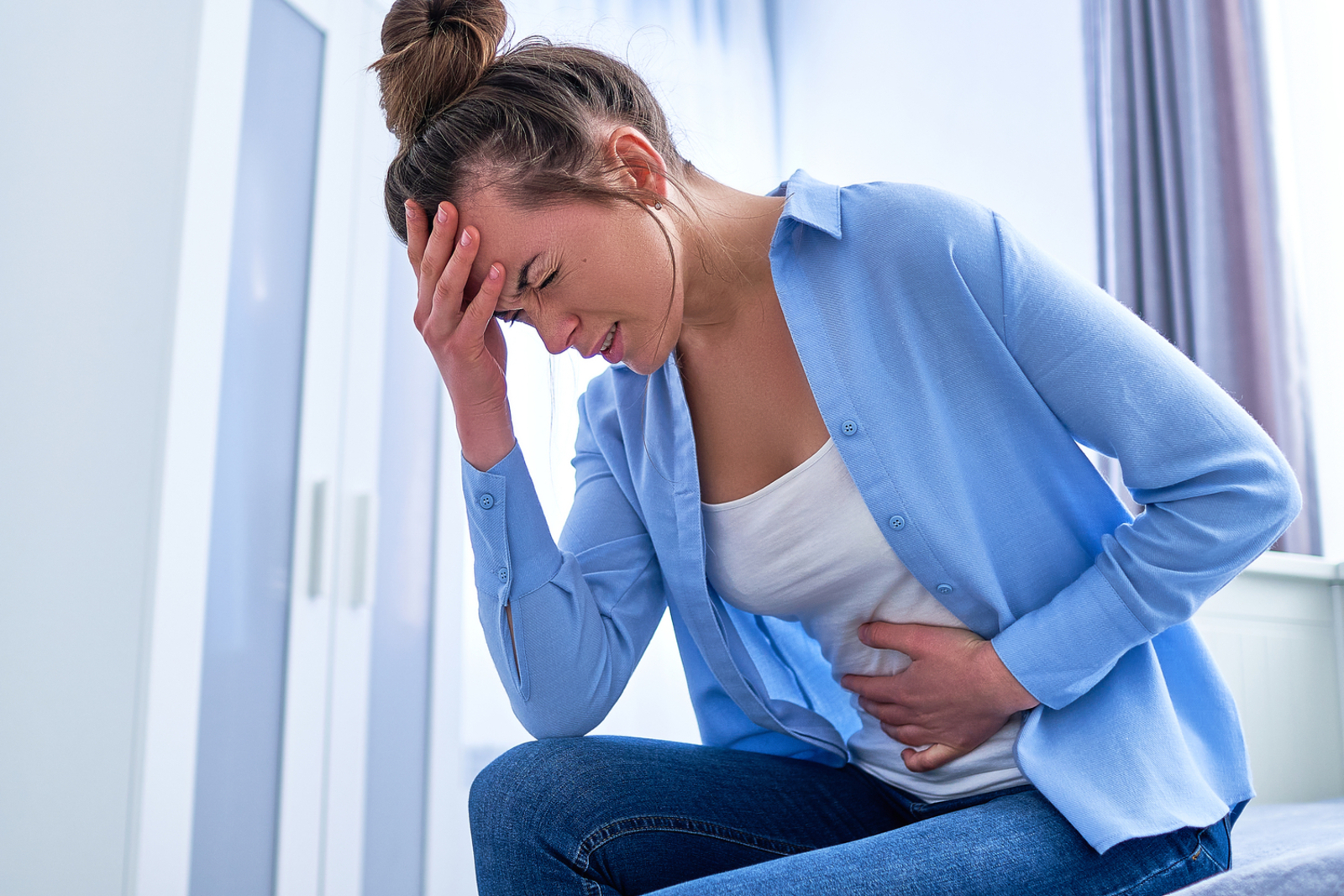
5 Early Signs of Endometriosis
And Treatment Options Available
Endometriosis is a disorder that causes the tissue that typically lines the inside of the uterus to grow on the outside of the uterus, resulting in significant pain, scar tissue, and when shedding occurs (like in typical menstruation), the tissue becomes trapped and can fuse the organs and other tissues around it. Some complications come with endometriosis, such as severe pain at times, infertility, and a higher risk of ovarian cancer. Healthcare providers will be able to recommend best pain relief for endometriosis as well as endometriosis infertility treatments if you are hoping to conceive. To help manage symptoms and begin treatments, the sooner endometriosis is diagnosed, the better—here are 5 early signs to know:
1. Painful menstruation
Although the tissue grows in areas that it’s typically not in, it still responds to the hormones in the body. During menstruation, these tissues will still shed like in normal menstruation but will become trapped in the body. As mentioned, this can fuse organs and other tissues around it, resulting in immense pain.
2. Pain with intercourse
Pain during intercourse may occur for endometriosis patients due to the inflammation in their vagina or the potential pull of the growths. With inflammation and endometriosis, mobility and expansion of the vagina may not occur, making it painful and more difficult to engage in intercourse. This pain may be experienced during or after intercourse, or both.
3. Pain with urination or bowel movements
If any growths or cells attach to the bladder or bowel, this can cause pain during urination or bowel movements. This may also result in pelvic pain, constipation, diarrhea, abdominal bloating, and more.
4. Infertility
With the tissue that typically lines the inside of the uterus growing elsewhere, this can cause issues and blockages in other areas of the reproductive system, in turn causing infertility. For example, there may be growths that block the fallopian tubes that block eggs from traveling to the uterus or the growth of scar tissue may make it more challenging to get pregnant.
5. Excessive bleeding
With endometriosis, you may experience excessive bleeding during menstruation. This could show up as a heavy flow that fills pads and tampons in less than an hour or you may experience periods that last longer than 7 days. If you consistently fill your menstrual products in less than an hour, pass blood clots bigger than a quarter, or are experiencing a rapid heart rate or low blood pressure, you should seek medical attention.



